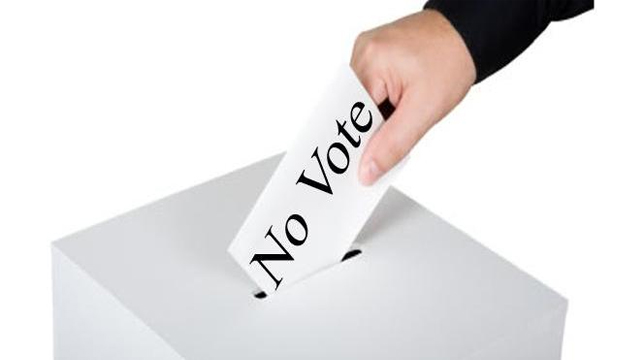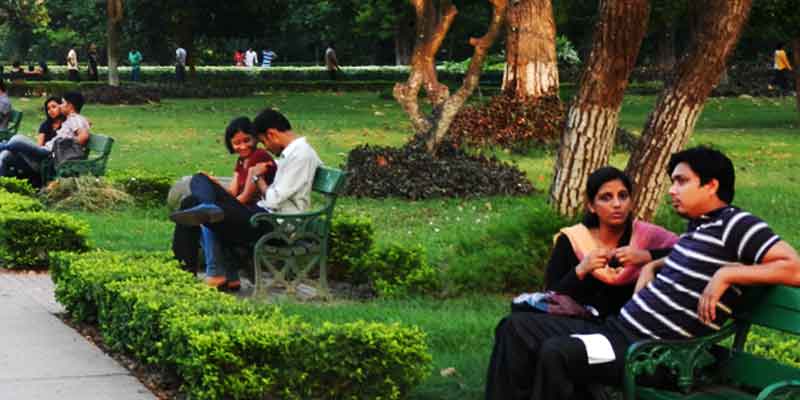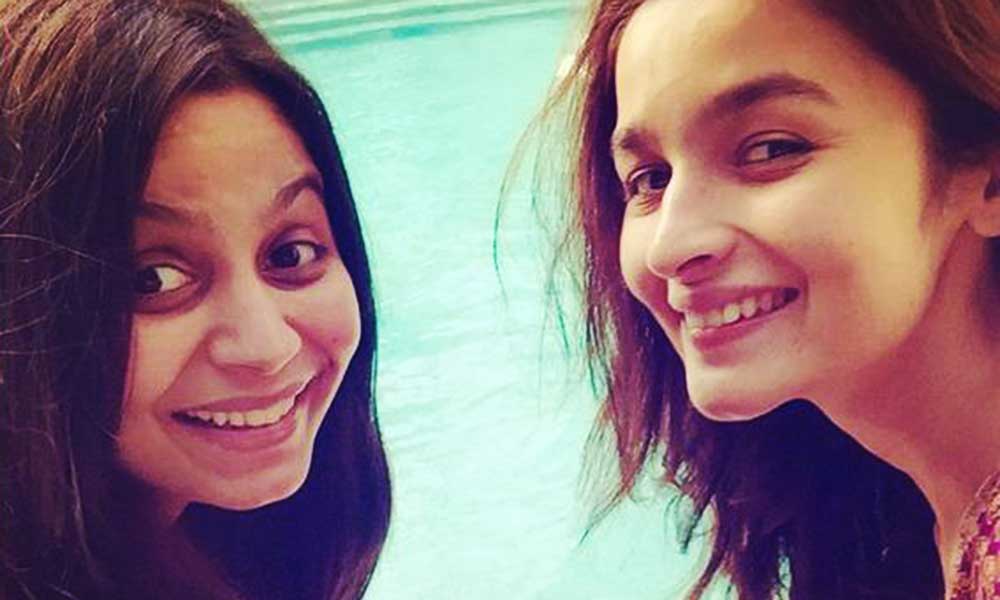If the right to reject is to be viewed as the right to reject all the contenders and compel a re-election with a new list of candidates, it can give rise to various problems.
The latest Supreme Court ruling on the demand to provide negative voting through a button on the Electronic Voting Machine (EVM) for None of the Above, or NOTA, alternative has aroused great public enthusiasm.
The defenders of the right to reject are in triumphant mode under the feeling that their long-pending demand has finally been met. The reality is that the verdict has not created the right to reject.
The Supreme Court has, although, given four important decrees-
1) Acknowledgment of the right to a negative vote (even though it will not influence the result) as a part of freedom of expression, as visualised in Article 21
2) Instruction to Election Commission to initiate NOTA on the EVM and ballot paper to guarantee voter confidentiality
3) Comment on the doubtful quality of candidates and asserting the need for candidates with ethical and honest values
4) Comment on voter lethargy
The apex court said that not turning up at the election booth is not an ideal choice for a meticulous and accountable national.
In wake of the escalating criminalisation of politics and unchecked exploitation of money power, there has been a rising demand from society and activists demanding right to reject the contenders with criminal and or else tainted background.
It implies that the voters must have the right to reject all the candidates. This will happen if the number of electors exercising the rejection option is more than 50 percent, or more than the number of votes polled by any of the contenders in the team.
If the right to reject is to be viewed as the right to reject all the contenders and to compel a re-election with a new list of candidates, it can give rise to the following problems-
The era of re-re-re-election
If a group of contenders is discarded in a constituency, will all the candidates in that list be barred from contesting in the re-election?
If they are not barred, the same set of contenders may compete again, crushing the idea behind it.
If the candidates are to be barred, then for how long? Whether they would be free to compete from other wards in the occasion of re-election in other places or in a following by-election?
At a re-election, voters many find the new list of contenders shoddier than the first one. If the candidates in the re-election are also discarded, for how long can we go on holding elections? Already, there are complaints of election weariness with elections at local bodies, assembly and parliamentary levels.
The Election Commission uses government officials, teachers, staff from public sector organisations and bank employees for holding elections. Re-elections would imply making these officials work for very long periods, or calling them back again and again, which will impact their regular work. Since, teachers represent the major section of the election staff, and the election booths are in schools, the students will have to face the brunt.
Central police troops – which are called in from various parts of the country, including our borders and other susceptible regions – would stay locked up for longer periods in the case of re-election. Such re-elections would be very expensive for public exchequers; and also for political parties.
The model code of conduct continues to be in force till the end of polls. Rejection of candidates and re-election would lead to the code being in force for longer periods. During this period, the government can’t make any declaration of a new policy or agenda.
The district administration is completely occupied in election supervision. Almost 40 percent officers of the IAS and other services get allotted as poll observers. This may have an adverse impact on governance, if not bringing governance to a standstill, as many people blame Election Commission of.
A weekly election break
Regular elections at small gaps may lead to lackadaisical attitude in many sections or voters. In a re-election, the turnout may decrease than that in the first election. So, in such a circumstance it may be likely that in the re-election, a candidate who secures lesser number of votes than a candidate in the discarded list may come out as the winner. This would be a strange situation.
Such a state of affair may also result in political volatility if the number of such cases is huge, mostly in the event of hung assemblies.
All fall down
Most crucially many innocent contenders with a spotless record will face the brunt for no mistake of theirs only because of the bad image of others. On what basis can they be barred? This will breach their right to contest.
The right to reject has not been formed by the apex court decision as no such assistance was actually asked for by the writ petitioner or other impleaded parties. It perhaps will be the next rational demand, and now with a transformed energy. If the demand has any possibility of accomplishment, the questions raised above must to be answered. So, let the debate start.





